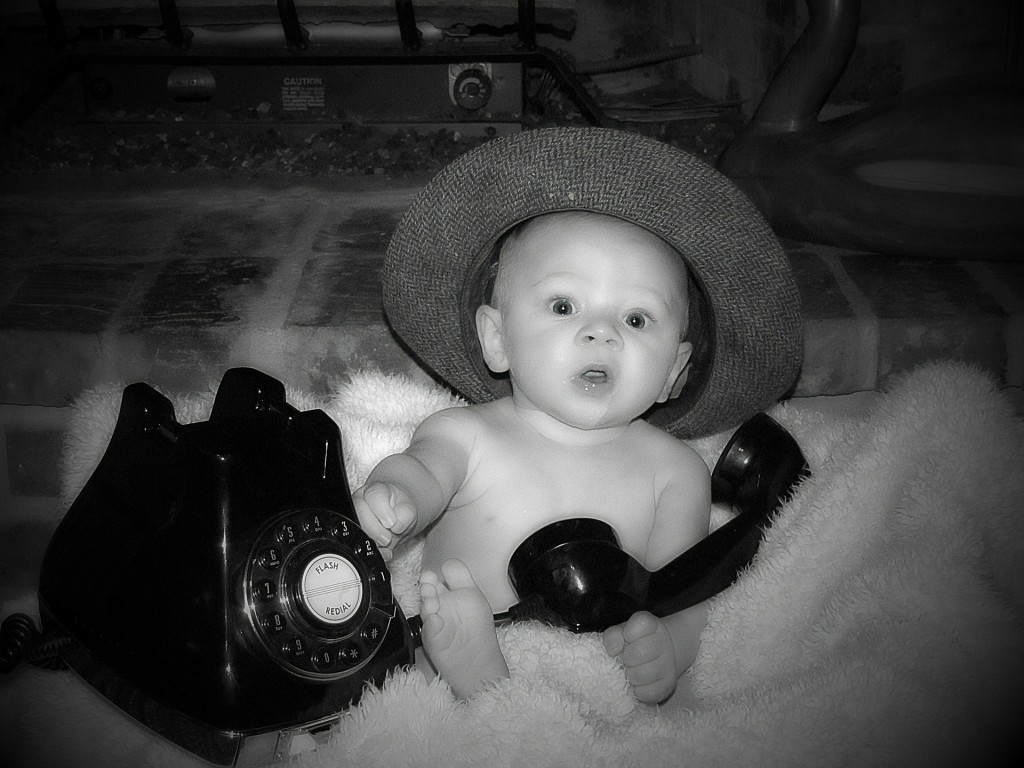 You need some writing doing, and you’ve engaged a freelance copywriter. Splendid stuff. It’s all going to be fab and you’ll get the content or whatever it is that you need.
You need some writing doing, and you’ve engaged a freelance copywriter. Splendid stuff. It’s all going to be fab and you’ll get the content or whatever it is that you need.
Then the phone goes, and it’s your new writing buddy. You were busy working on something, now this stranger has called and he or she is asking you random questions about what voices you like. It’s all a bit bunny-in-the-headlights.
I try to email new clients first, and arrange a time to speak, and also indicate in the email what we’ll need to talk about. However to give you some advance warning, here’s the information that your writer will need to know to hit the ground running.
What do you want writing?
So far so obvious. But, this is the starting point of any conversation. Website, blog, brochure, cereal packet, a combination…
What is the topic? Now, a good writer should be able to write about anything, with a steer from you and the right information. However, if the writer has a background or experience in your subject, it’s good to discuss this early on, and can get your relationship off to a great start.
Roughly how much writing is needed? This will help establish timescale and cost.
Where will the information come from?
If you have a website, is it factually accurate? This is especially worth asking if you’re having a new one written. Are there other websites that give the technical information (such as manufacturers’ sites)? Any internal documents that would help, or publications such as brochures and flyers? Post things over if necessary. Do you have expert colleagues that the writer should talk to?
I often remind clients that as I charge by the hour for most projects, the more info they give me at the start, the cheaper it will be for them.
And yes, we all use Google. Sometimes I even use books…
Who is your audience?
The copywriter may ask you if it’s B2B or B2C. Tell them off for using jargon (unless you speak it fluently yourself). Is the writing for experts, professionals, or “The Trade” (I love that expression)? If so, the writer needs to know this, to adjust the “jargon level” and avoid being patronising. Is the writing for customers? If so, what sort of customers do you want to attract? Are you trying to sell to them, give them information, or both?
What tone of voice do you want to use?
If your organisation has a defined brand, this will be clear to both parties. Indeed, you might have a handy Style Guideline document to refer to or send the copywriter.
Even if you don’t work for a massive multinational with brand documents to draw on, the chances are that you really understand your audience and know how best to speak with them. But how do you communicate this with a writer?
A good way to establish this is to think about other bits of writing that you like. If you can give the copywriter examples of websites whose tone you like, that’s always helpful. Sometimes, I’m given samples of websites that people really hate – not such a positive way of thinking about things, but at least I know what not to do…
It can help to think of simple adjectives to describe the tone of voice. Words clients often say to me are “friendly”, “professional”, “approachable”, “formal”, “light-hearted”, and my favourite, “the cheeky chappie next door”… Sometimes clients mention publications – “the audience is a bit Telegraphy”, “like Esquire”, and again, that’s helpful.
If you’re struggling with this, just say. A few hours spent working on a tone of voice exercise can really help.
If you’re a freelancer or sole trader yourself – i.e. you are your business, a good writer should be picking up tone of voice tips just from listening to you. So talk. Talk lots, please.
Any other services?
Dog walking? Coffee making? Well, maybe not, but image researching and blog uploading could be needed. There are also other things like proofreading and copy-editing that may need doing aside from the actual writing.
It’s also a good time to ask for other bits of advice. Can the writer recommend a photographer/SEO expert/printer? We usually can.
SEO terms?
Are there any key phrases or headers you want to use? These can be obvious, even if you’re no expert yourself. You may have a list – send it over.
The nitty gritty
Namely – deadline and budget. Have both of these in mind, and agree them from the start. Even if you just agree to be flexible, at least it’s an agreement. And don’t worry – if you forget these points, your new freelancer certainly won’t…
Also establish a way of working. Do you want the writer to show you a sample page before writing all twenty? Is it going to be an iterative process with lots of drafts and input from you, or do you want to just hand the whole thing over, get it off your desk, and wait for the full first draft? What are your communication preferences – email, mobile, carrier pigeon?
Ask for the copywriter to sum up your chat in an email. Hopefully they’ve been capturing the conversation, and the action points for both parties.
These are the main things that it’s good to sort out from the start, which will hopefully help establish a productive relationship. So hopefully when you have that first chat, you’ll know what information to have prepped and ready to go. Failing that – ansaphone…